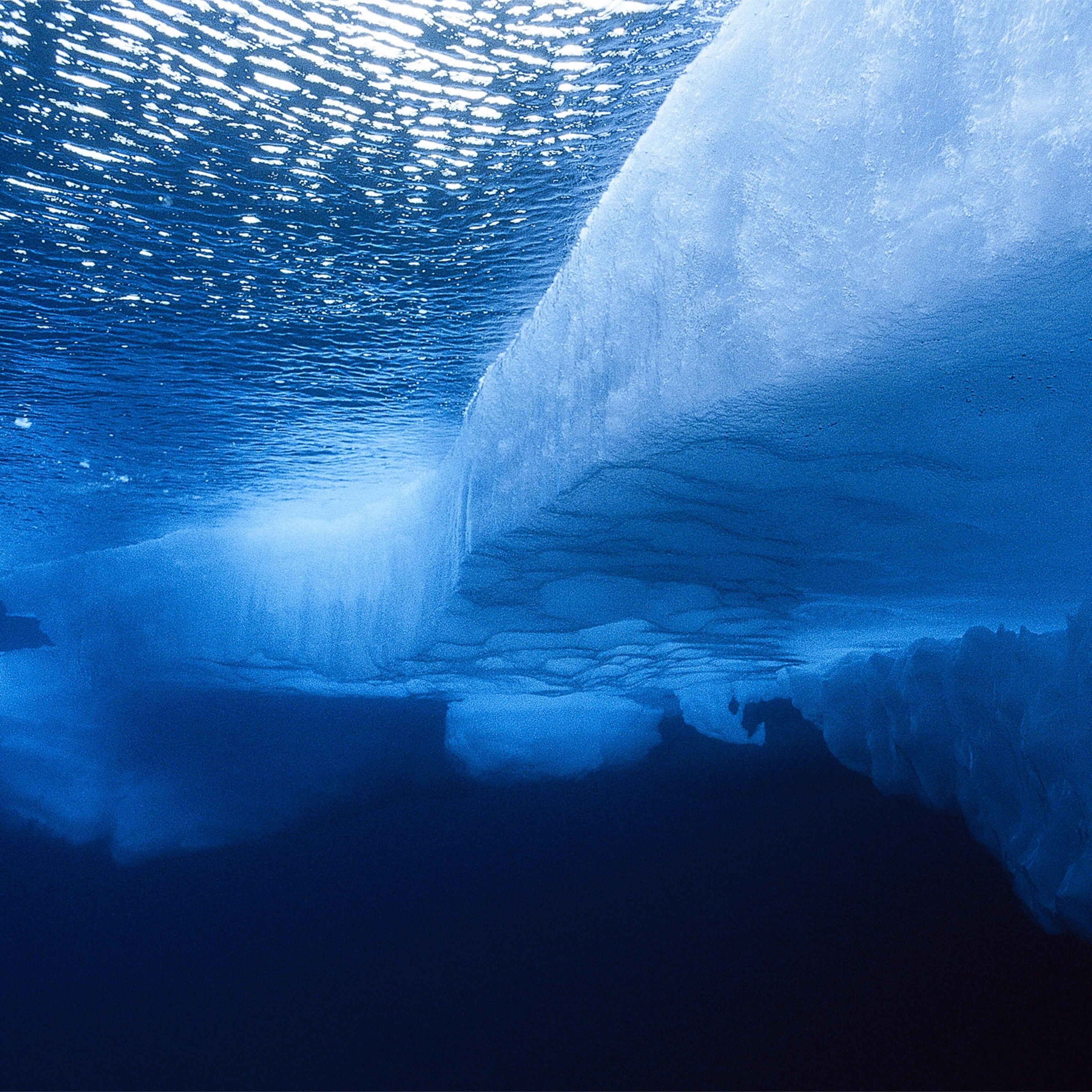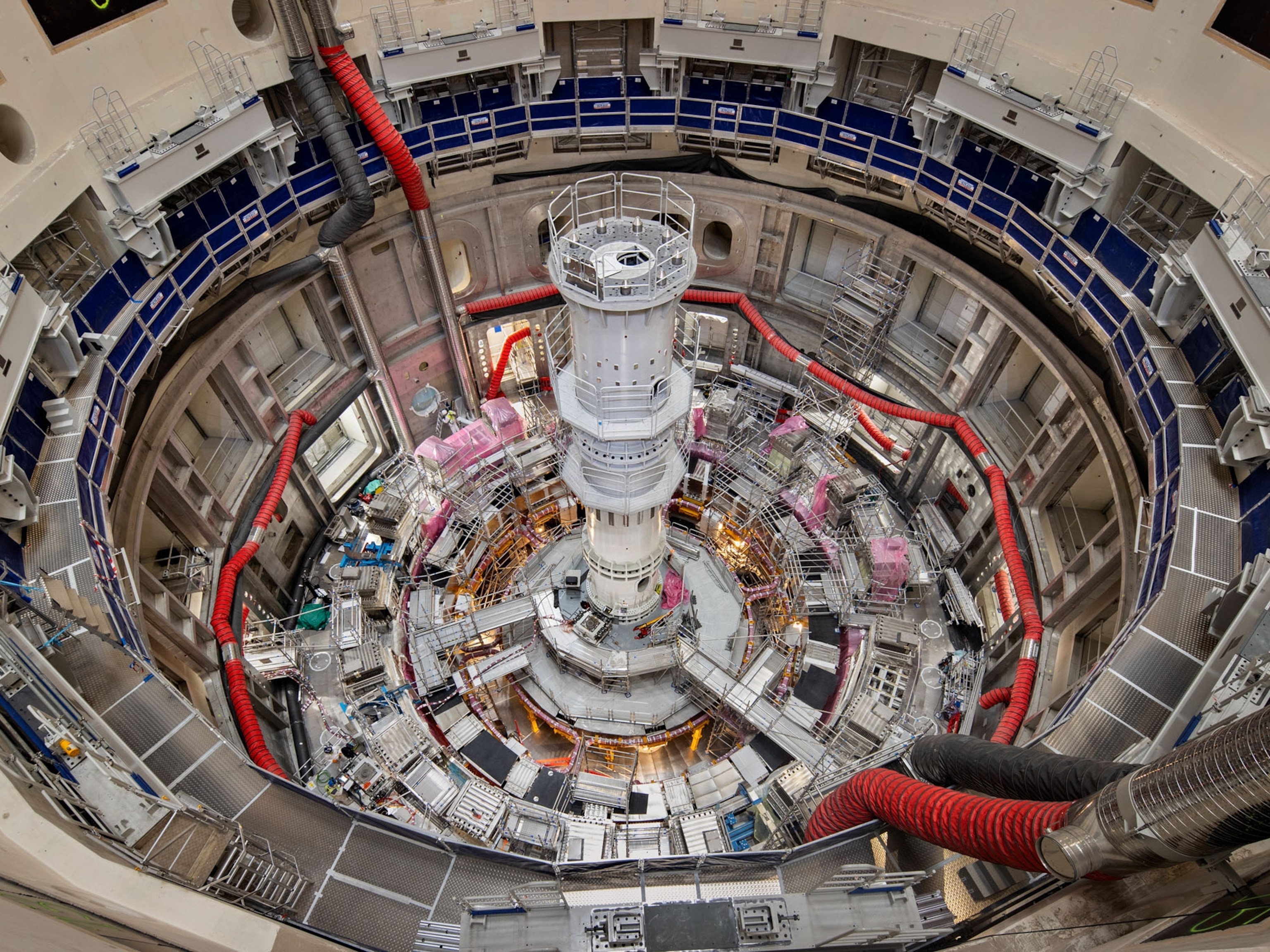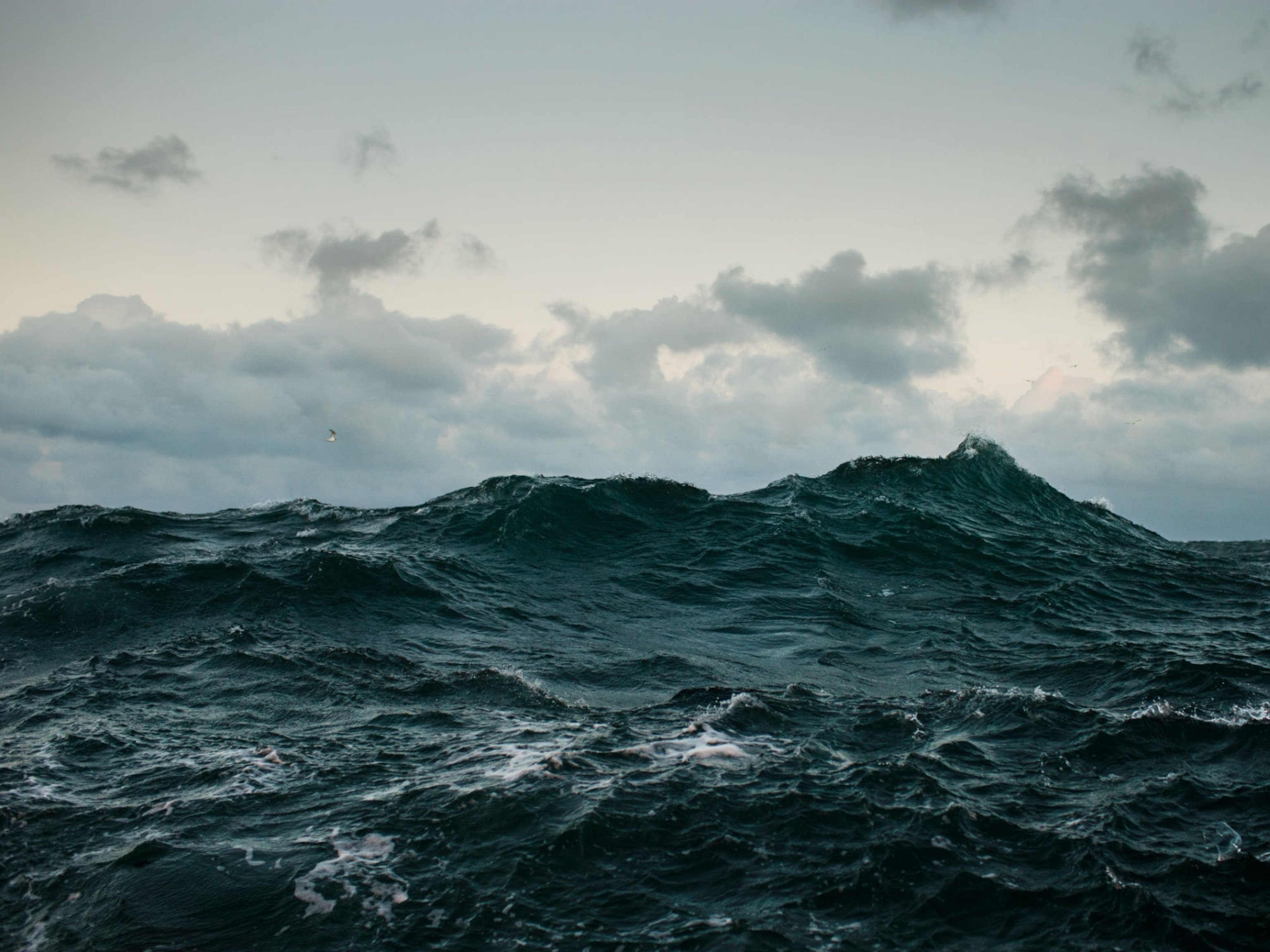
3 Reasons Why Shell Halted Drilling In the Arctic
“We had hoped for more,” Shell official says of the well it drilled. It’s pulling out of its $7 billion Arctic drilling project, possibly for good. What happened?
Amid slumping oil prices and months of protests, including kayaktivists who paddled in front of an icebreaker to block its path, Shell announced Monday that it has ended its exploratory oil drilling in the Arctic for the “foreseeable” future.
Shell, one of the world’s largest oil companies, cited “disappointing” results from the well it drilled off the coast of Alaska as well as the high costs of such exploration and the challenges of seeking future U.S. permits.
So, after spending approximately $7 billion, it’s giving up on the project. It won’t seek a permit next year, and its efforts to shed related 2017 financial commitments suggest its departure may be permanent. Its news coincided with the launch of the Energy Transitions Commission, a global group including Shell that aims to address both energy poverty and climate change.
“We had hoped for more,” Shell spokesman Curtis Smith said Monday in an interview, referring to the limited potential for oil and gas deposits in the basin it explored 150 miles from Barrow, Alaska. “They were not commercial.”
Environmentalists, who had filed lawsuits to stop the drilling and waged virulent protests, welcomed word that Shell was pulling out. “Those working to protect the communities and wildlife throughout America's Arctic can rest a bit easier tonight knowing that the immediate threat of disastrous offshore oil spills has diminished,” said Brad Ack, senior vice president of oceans for the World Wildlife Fund.
Drilling supporters were disappointed. "For Alaskans, this announcement is a major blow to our local communities, the future of Alaska's economy and the Trans Atlantic Pipeline," said Rep. Don Young, R-Alaska, adding the Obama administration "stacked the deck" against Shell with excessive safety requirements.
Here’s what prompted Shell, the only company drilling in the U.S. Arctic, to quit its exploration:
Poor Results
Shell’s drilling didn’t deliver the sought-after results. In a statement, Shell said it drilled the Burger J well, located in 150 feet of water in Alaska’s Chukchi Sea, to a depth of 6,800 feet.
“Shell has found indications of oil and gas in the Burger J well, but these are not sufficient to warrant further exploration in the Burger prospect,” the company said, adding it will seal and abandon the well as required by U.S. regulations.
“This is a clearly disappointing exploration outcome for this part of the basin" added Marvin Odum, director of Shell Upstream America.
Shell had sought to drill two wells 8,000 feet deep—more than four times deeper than the “top holes” it attempted in 2012, the year its rig ran aground and was rescued by the U.S. Coast Guard. (Here’s why the U.S. Coast Guard blamed Shell.)
Yet the Obama administration's permit imposed new safety requirements and allowed Shell to drill only a single well. It set Monday as the final drilling day, requiring Shell to stop one month before sea ice returns to the lease area.
Shell, which drilled in the Arctic more than 20 years ago, was the only company that sought U.S. permission to do so this year. It got its final U.S. go-ahead in August, prompting Democratic presidential candidate Hillary Clinton to announce that she opposed Arctic drilling.
The company viewed the Arctic as a potential gold mine for oil and gas. The region is estimated to hold 13 percent of the world’s undiscovered oil and 30 percent of its undiscovered natural gas—84 percent of which is offshore, according to a 2008 report by the U.S. Geological Survey.
Smith previously told National Geographic that Shell took a multi-decade view toward Arctic drilling that didn’t focus on the recent plunge in oil prices but rather on an expected increase in global demand for fossil fuels.
High Costs
That may no longer be the case. The project’s standing has changed because of the drilling’s limited results and its high costs.
“It’s in a different place,” Smith said. Even though Shell wasn’t planning to begin actual oil production for at least a decade, he said current low prices have reduced the company’s cash-on-hand and forced the Arctic project to compete with others for a piece of a smaller pie.
As global oil prices have fallen more than 50 percent to below $50 a barrel since last summer, Shell has felt industry-wide economic pressures. In July, after reporting that its profit fell sharply in the second quarter, Hague-based Shell said it would cut its capital investment and eliminate 6,500 jobs.
Other companies have walked away from Arctic drilling. Exxon withdrew its plans after the U.S. imposed sanctions on Russia last year. Chevron has halted its drilling, and a consortium including Exxon and BP suspended exploration in June.
Smith said Shell's Arctic drilling this year accounted for $1.4 billion of the project’s $7 billion total cost while next year’s commitments accounted for $700 million and 2017 contracts amounted to $200 million.
Mounting Controversy
Part of the rising cost involved the increasing amount of time and restrictions in acquiring U.S. permits.
“Every year was going to be a challenge,” Smith said. “The current federal permitting system brings a high level of uncertainty.”
Shell became the target of a massive “Shell no” campaign that threatened to damage the company’s reputation. Protesters dangled off a bridge in Portland, Oregon. They kayaked in the path of a 380-foot icebreaker vessel in Seattle’s port, leaving only on police orders. In front of Shell’s London headquarters, they performed a melancholy rendition of “Requiem for Arctic Ice.”
"Moving to develop this oil...would be feeding our addiction to fossil fuels at a time when we should be focused on developing and moving clean, cheap and efficient forms of renewable energy into the mainstream," said Cindy Shogan, executive director of the Alaska Wilderness League. She said the Arctic is simply too dangerous a place to drill.
Environmentalists point to the lingering damage from the 1989 ExxonValdez spill in Prince William Sound and to a U.S. government report, released in February, that forecast a 75 percent chance of a large oil spill occurring in the Arctic over a 77-year scenario. That forecast said a spill as huge as the 2010 Deepwater Horizon disaster in the Gulf of Mexico is “unlikely to occur,” but if it did, “the impacts would be substantial.”
Shell decided enough was enough. On Monday, the same day that its membership was announced as part of the new Energy Transitions Commission—which also includes the World Bank and the World Resources Institute—it said in a statement: “Shell will now cease further exploration activity for the foreseeable future.”
*Shell is sponsor of National Geographic’s Great Energy Challenge initiative, which explores energy issues. National Geographic maintains autonomy over content. For more, visit The Great Energy Challenge.
On Twitter: Follow Wendy Koch and get more environment and energy coverage at NatGeoEnergy.






